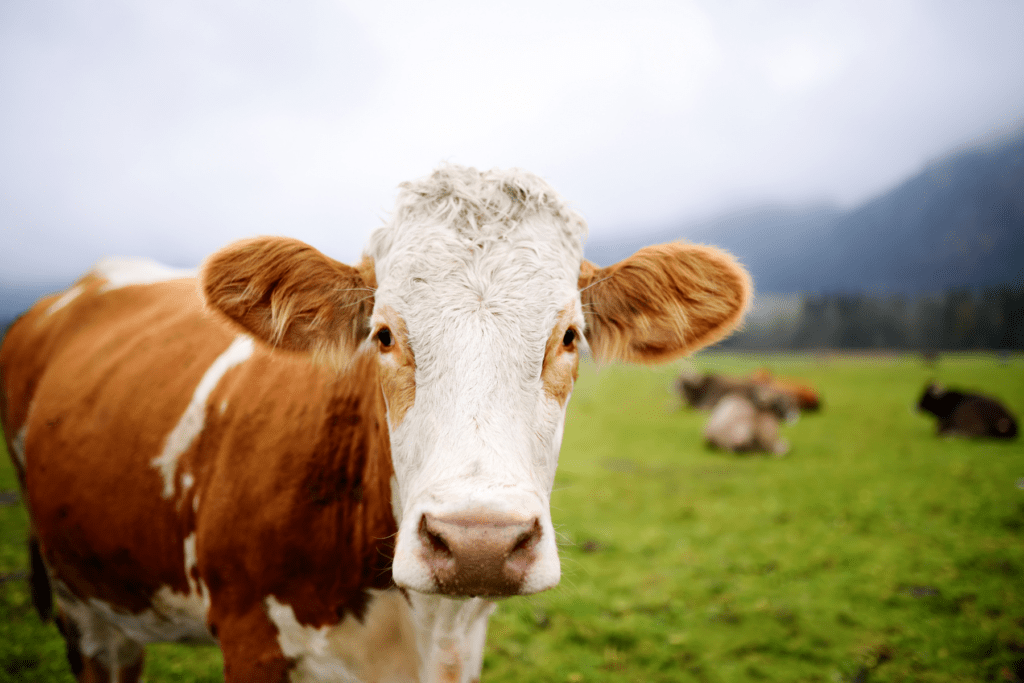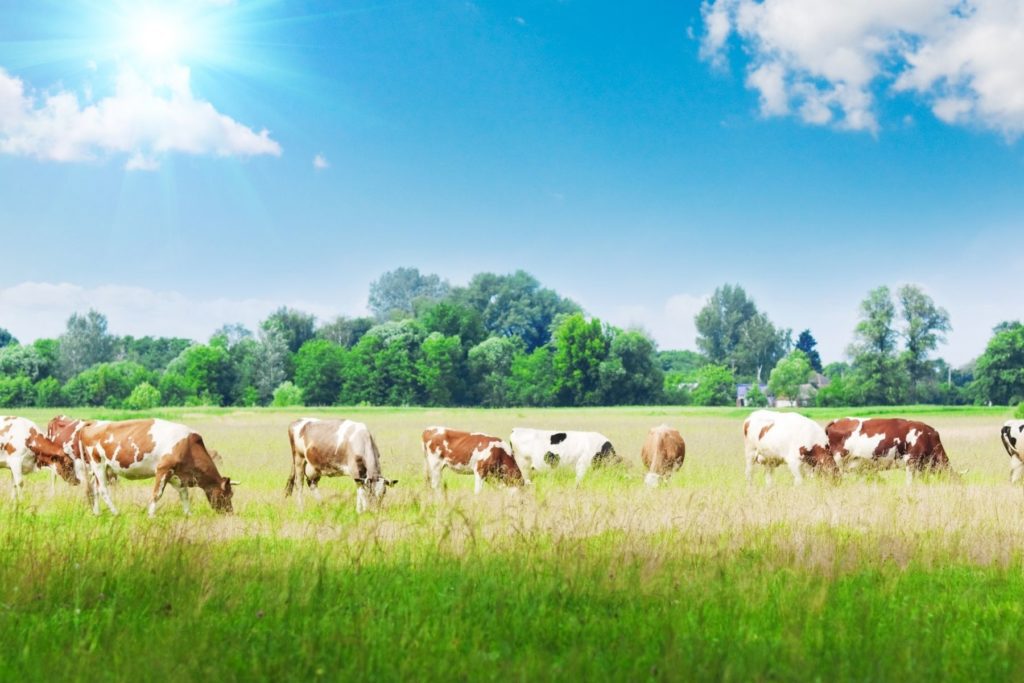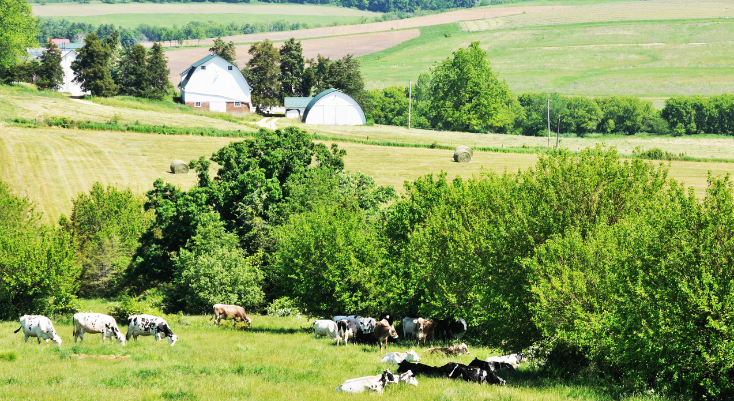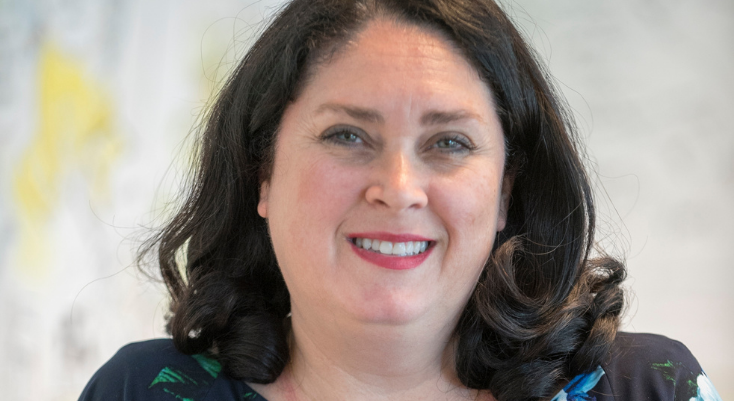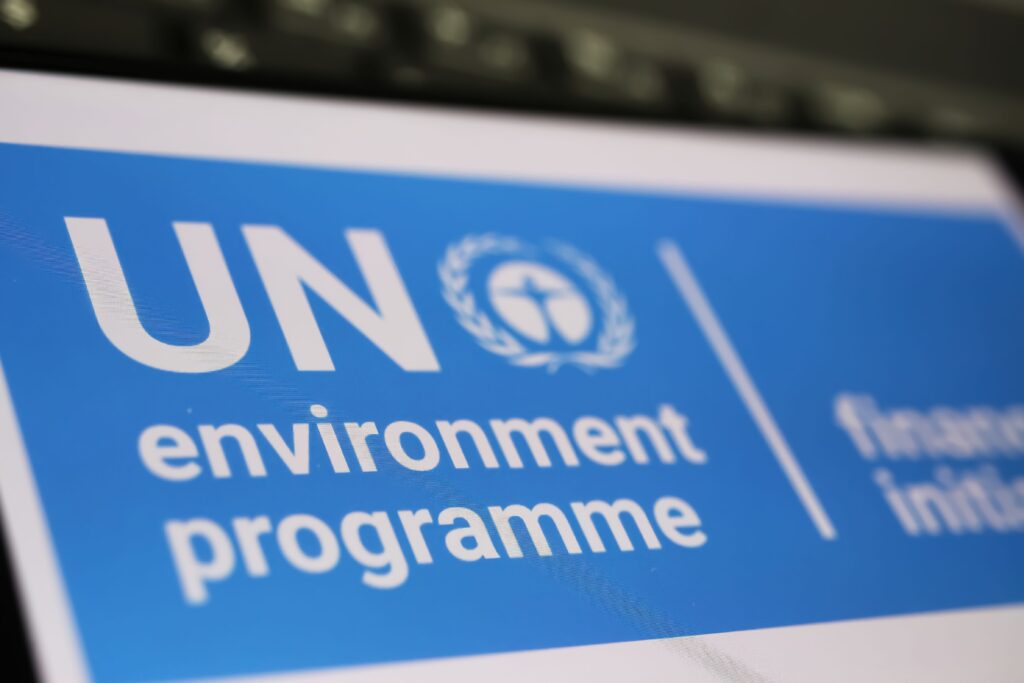
Environment & Nature
Environment & nature is dedicated to building sustainable dairy value chains. IDF drives progress by advancing environmental standards and validating practical solutions that help the sector adapt to climate change. The ultimate goal is to minimize environmental impact while safeguarding productivity and long-term viability.
Environmentally friendly diets need to be healthy. Providing a growing world population with more sustainable and healthy food is a big challenge for the future. In seeking solutions to how we can best develop sustainable food systems it must be remembered that it takes more than adequate calories to feed humans. The dairy sector has been pioneering on the challenge to reduce environmental impact and protect nature, setting ambitious targets of GHG reduction, committing to further reductions and significant investment in research and development to find innovative and sustainable ways to produce and process nutritious milk and dairy products.
The result has been improvements in environmental performance, producing more nutritious milk and dairy products with fewer natural resources, less water, and less energy. In 2013, the global dairy sector launched the Dairy Sustainability Framework to enable the industry to continuously improve and demonstrate adaptation and mitigation progress made through proactive efforts. In 2015, the dairy sector was the first one to develop a life cycle assessment methodology to measure its footprint. In 2016, the International Dairy Federation and FAO signed the Dairy Declaration of Rotterdam, a commitment by the global dairy sector to the achievement of the UN sustainable development goals.
The sector is continually finding new ways to improve sustainability, increase energy efficiencies, reduce greenhouse gas emissions, reduce water, save energy, and lower operating costs for dairy farms.

Dairy as part of the solution
- Energy efficiency and GHG emissions quantification and mitigation, including renewable energy generation
- Water quality, efficiency and reuse
- Biodiversity
- Waste management and reduction
- Review and adoption/promotion of best available technologies and practice
- The dairy sector has one of the smallest carbon footprints per unit of animal product in the world. Producing milk and indirectly meat, accounts for 4% percent of all global greenhouse gas (GHG) emissions from human activities.
- Overall contribution of milk production, processing and transportation represents 2.7% of GHG global emissions.
- The dairy sector is significantly reducing emissions: emission intensity of milk has dropped by almost 11% between 2005 and 2015, while dairy production increased by 30% (FAO report 2019).
- Ruminants use agricultural land and environmental resources efficiently. Around 1.3 billion ha or 1/4 of the global agricultural area is not suitable for cultivated agriculture. While food for humans cannot be grown on these marginal lands, cows and other dairy animals can graze in these areas, recycling otherwise wasted biomass into milk.
Share this page

The dairy sector has been pioneering on the challenge to reduce its environmental impact
Learn more about environment
The breadth of issues IDF covers in its work is extensive. Learn more about the work we do.
Life cycle assessment of the dairy sector
Calculating the environment impact of dairy through environmental life cycle assessments.
Read MoreEcosystem services
Ecosystem services may be defined as the benefits to humans from nature or, direct and indirect contributions of ecosystems to human wellbeing.....
Read MoreInnovative solutions for sustainable dairy processing
Providing a comprehensive overview of eco-friendly & innovative dairy wastewater treatments.
Read MoreLife cycle assessment updates
Calculating the environment impact of dairy through environmental life cycle assessments.
Read MoreRelated reports & publications
IDF provides a permanent source of authoritative scientific and other information on a whole range of topics relevant to the dairy sector.
Dairy’s role in healthy and sustainable diets
IDF has taken note of the FAO/WHO sustainable healthy diets guiding principlesi, based on the proposed definit....
Sustainable healthy diets: balance between plant and animal-source foods...
Paragraph 11 of the Committee on World Food Security Voluntary Guidelines on Food Systems for Nutrition Draft....
IDF Animal Health Report N° 14
The 14th edition of the IDF Animal Health Report illustrates the importance of animal health and welfare for s....
IDF Animal Health Report N° 15
The 15th edition of the IDF Animal Health Report illustrates the importance of animal health and welfare for s....
Related news & insights
IDF provides a permanent source of authoritative scientific and other information on a whole range of topics relevant to the dairy sector.
Joint Closing Statement by the International Dairy Federation (IDF) and Global Dairy Platform (GDP) for COP 29
COP29 has concluded in Baku, Azerbaijan, and the International Dairy Federation (IDF) and Global Dairy Platform (GDP) reaffirm the global dairy....
The Role of Dairy in Sustainable Diets: Reducing the impact & adapting to climate change
Mitigation of environmental impact and adaptation to climate change will be discussed at the upcoming IDF Symposium on the Role of Dairy in....
Dairy: nourishing a growing world population sustainably
This year’s COP25, which launches in Madrid this week, will be the start of a crucial period for the environment. COP25 is the final COP before we....
An IDF side event on Sustainable Dairy Ecosystems will be held during the United Nations Environment Assembly in Nairobi
An IDF side event to be held during the United Nations Environment Assembly (UNEA6), aimed at exploring the diversity of contribution of ruminant....






